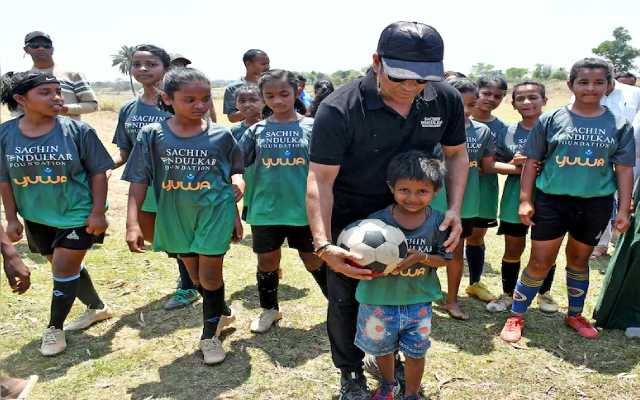Many children have trouble reading, writing, or performing other learning-related tasks at some point. This does not mean they have learning disabilities. A child with a learning disability often has several related signs, and they don’t go away or get better over time.
The signs of learning disabilities vary from person to person. The common symptoms include problem in reading (dyslexia), writing (dysgraphia) and difficulty in solving Maths problem (discalculia) among others. They also have poor memory, clumsiness in their behaviour, and difficulty understanding and following instructions.
Dyslexia affects how a person processes language, and it can make reading and writing difficult. It can also cause problems with grammar and reading comprehension. Children may also have trouble expressing themselves verbally and putting together thoughts during conversation.
Dysgraphia affects a person’s writing abilities. People with dysgraphia may have a variety of problems, including bad handwriting, trouble with spelling, difficulty putting thoughts down on paper.
Dyscalculia affects a person’s ability to do Mathematics. Math disorders can take many forms and have different symptoms from person to person. In young children, dyscalculia may affect learning to count and recognise numbers. As a child gets older, they may have trouble solving basic math problems or memorising things like multiplication tables.
Learning disabilities can be hard to diagnose, because there is no definitive list of symptoms that fits every child. Also, many children try to hide the problem. You may not notice severe symptoms except frequent complaints about homework or a child who doesn’t want to go to school. Children may slow down their pace, receive complaints about their school related work and exhibit disruptive behaviour.
Parenting these children is not at all an easy task.
Know about learning disability
Finding out all the information about learning disability surely will help you understand your child’s problem bettter. Attending seminars, webinars, workshops will definitely helpful in planning the remedial classes for the child. Know about the laws, and the facilities available for your child.
Focus on remedial classes in an innovative way
When remedial classes are routined, children lack the ability to learn in the same way. So make the remedial classes in an innovative way. Add colours, things, to learn the usual subject in different way so that they can be focused.
Encourage and support are the primary requirement
It is obvious to lose interest in the process of teaching simple things to learning disabled children. Make sure you have constant support for the growth of children. This phase will demotivate children’s self esteem and confidence. Understand their needs and support them, instead belittling or comparing them with other children.
Learning disability is developmental disorder. Children with LD have insecurities and low self esteem. As a parent you can support your child immensely and also it is important to seek help from special educators, and counselors for the further growth. They will guide you in a better way.
Image by skitterphoto



















